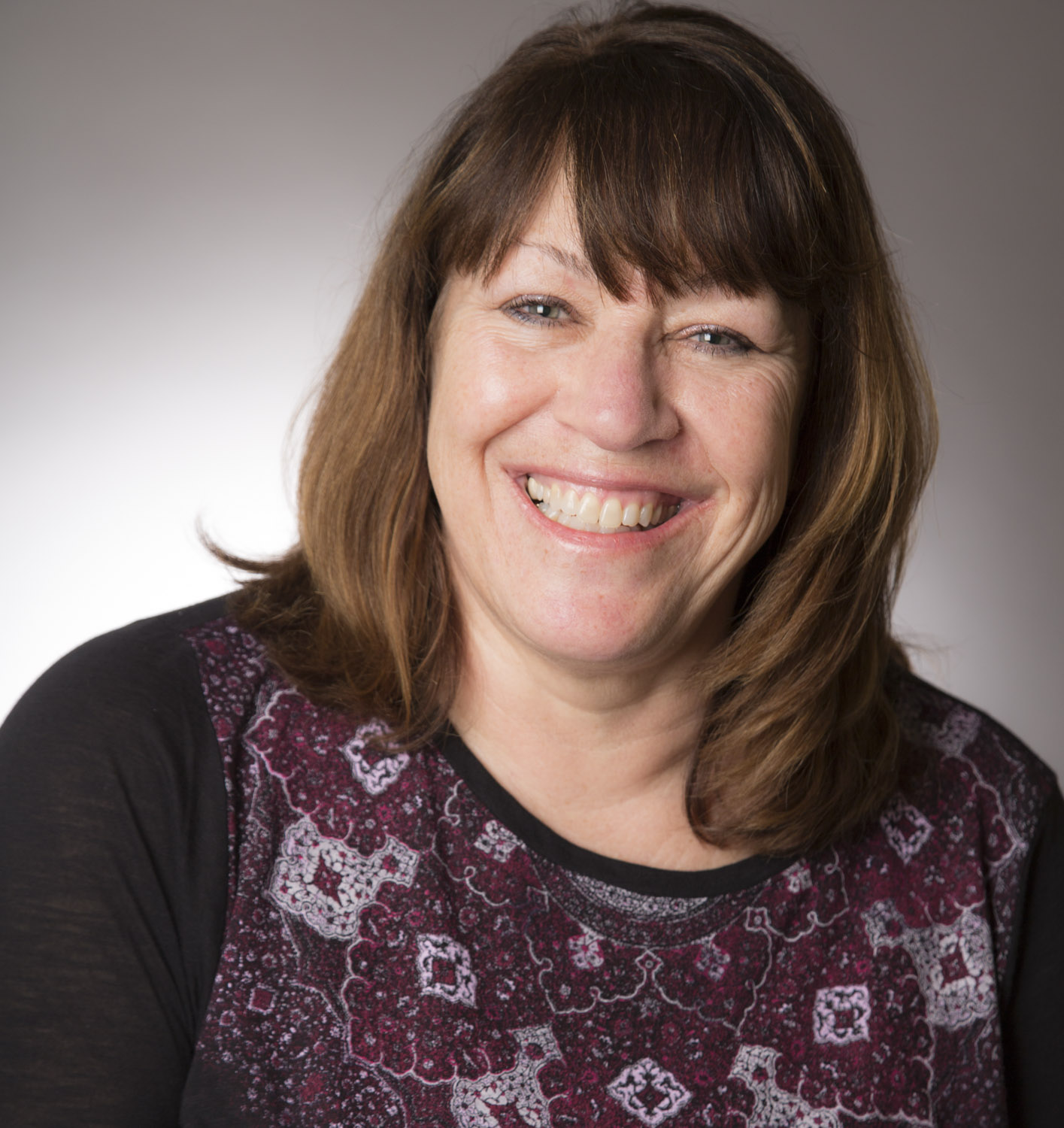When I first started this journey back on Easter of 2012, I had no idea where it would lead me. Somehow it seemed as if I was being led away from a life that had not been right for me and shoved onto an entirely new path. Now almost eight years later I can see why and it seems that I’ve finally landed on a style of coaching that can be helpful to anyone at any time, emotional wellness. If there is one topic of conversation that could use a giant shove forward, I think it would be that of emotional wellness. This post doesn’t need to include a list of current events that are screaming, quite loudly for help. It would make sense that an introduction to emotional wellness would begin simply with emotions.
As I began to do my own personal growth work it became clear that I was very lost when it came to this subject. And now that I’ve done extensive coaching with a varied and wide range of clients, I’m seeing that this may be closer to being the norm for many if not most of us. In fact, I had to take a long hard look at my own parenting and what I had contributed to the pattern by neglecting my son’s emotional wellness, and what that now reflects on his adult life.
Somehow along our evolutionary path, learning about emotions seems to have subtly transformed into a belief that no learning was required, instead, it became assumed that we should instinctively know how to navigate our feelings. But as things have become more convenient, they have also become more complicated. The natural training through the examples of family and friends has not kept up with the changes and with each generation, as we move faster, it’s quite possible emotional intelligence is slowing down. Learning how to identify, understand, process, release, and regulate our emotions should not be considered something that comes to us naturally like our need for air, water, and food. The result is several generations who are staggeringly under-prepared for adulthood and we are seeing that this is truly disastrous.
We desperately need something that will take the fear away from the topic of emotional wellness, as so many of us have been conditioned to ignore what we are feeling. One thing that could have a large-scale impact is to differentiate between emotional wellness and mental wellness, which could be tough considering how much money there is to be made in pharmaceuticals. However, having the ability to pinpoint the difference could have a huge impact on things like addiction, depression, and anxiety. From my own personal experience, I was able to break a lifelong food addiction by understanding my own emotions and doing the work I needed to process and release those long trapped; secondly, I stumbled upon mindfulness once all that old baggage had been cleared.
Thank you for reading this first post in a series. I look forward to hearing feedback and am excited to write further on this topic.
This blog originally appeared on https://unpackingemotionalbaggage.com/
Guest Post Disclaimer: Any and all information shared in this guest blog post is intended for educational and informational purposes only. Nothing in this blog post, nor any content on CPTSDfoundation.org, is a supplement for or supersedes the relationship and direction of your medical or mental health providers. Thoughts, ideas, or opinions expressed by the writer of this guest blog do not necessarily reflect those of CPTSD Foundation. For more information, see our Privacy Policy and Full Disclaimer.

Penny Payton is a certified energy leadership coach, childhood trauma researcher, and emotional self-awareness advocate and speaker. She has authored two books on the importance of unpacking emotional baggage. She has created a third which is in journal format. It’s a step-by-step guide on building a solid emotional foundation to processing and release trauma. Before, she spent over thirty years in corporate America until a near-death experience changed her life.





I agree we, as a society, need to make inroads into accepting the difference between mental and emotional illness. We need to do away with the “clouds” keeping women and especially men from examining human emotions within ourselves and others.